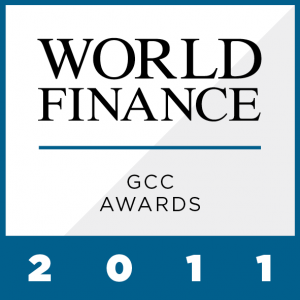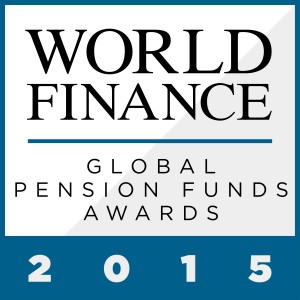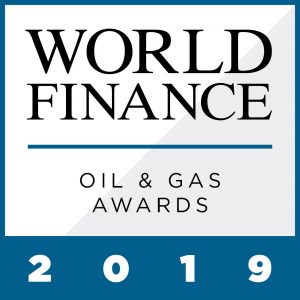Investment Management Awards 2019

Across the globe, growth remains somewhat sluggish. After two years of relatively robust expansion, the global economic upswing has now slowed to a more subdued level, knocked back by financial market volatility and widespread political uncertainty. Trade and technology tensions between the US and China have seen tit-for-tat tariff increases on the nations’ respective imports, escalating an ongoing dispute between the world’s two largest economies. Over in Europe, meanwhile, prolonged Brexit-related uncertainty continues to weigh heavily on the eurozone’s economy. The pound hit a two-year low in July, and the UK economy has contracted for the first time since 2012 as the possibility of a no-deal Brexit looms large ahead of the planned October 31 exit date.
Elsewhere, growth in emerging markets and developing economies has also disappointed, with weaker-than-expected results across Asia and Latin America. While global growth is projected to pick up once again in 2020, this is decidedly precarious, hinging on favourable geopolitical outcomes and the successful resolution of current trade disputes.
Against this unpredictable economic backdrop, the investment management industry faces myriad challenges. In order to remain prosperous and ensure profitability for their clients, investment managers must successfully navigate this ongoing economic uncertainty, using their extensive knowledge and expertise to overcome ever-changing market conditions and capitalise on emerging opportunities. The winners of this year’s World Finance Investment Management Awards have shown themselves to be resilient, adaptable and innovative in such challenging conditions, establishing themselves as industry leaders that can be counted on to provide stability and security when it is needed most.
Playing by the rules
Last year, the investment management industry was largely concerned with exhaustive changes to establish regulatory frameworks. This year, the issue remains just as pertinent, as increased regulatory scrutiny continues to carve out a new landscape for the sector. From risk management to cybersecurity, there is increased pressure for investment managers to meet regulator demands in all aspects of their business, and to effectively and expeditiously apply any required regulatory changes to their operations. Time is certainly of the essence, and those who fail to make the necessary changes can expect significant damage to both their wallets and their reputations.
The fine for failing to comply with the EU’s sweeping General Data Protection Regulation (GDPR), for example, is four percent of the previous year’s annual global turnover, or €20m ($22.1m) – whichever is higher. Investment managers must also take care to comply with the EU’s MiFID II legislation, which, when introduced in early 2018, was hailed as a key milestone in creating the new, more transparent financial landscape that legislators have been promising since the global financial crisis a decade ago.
From risk management to cybersecurity, there is increased pressure for investment managers to meet regulator demands in all aspects of their business








